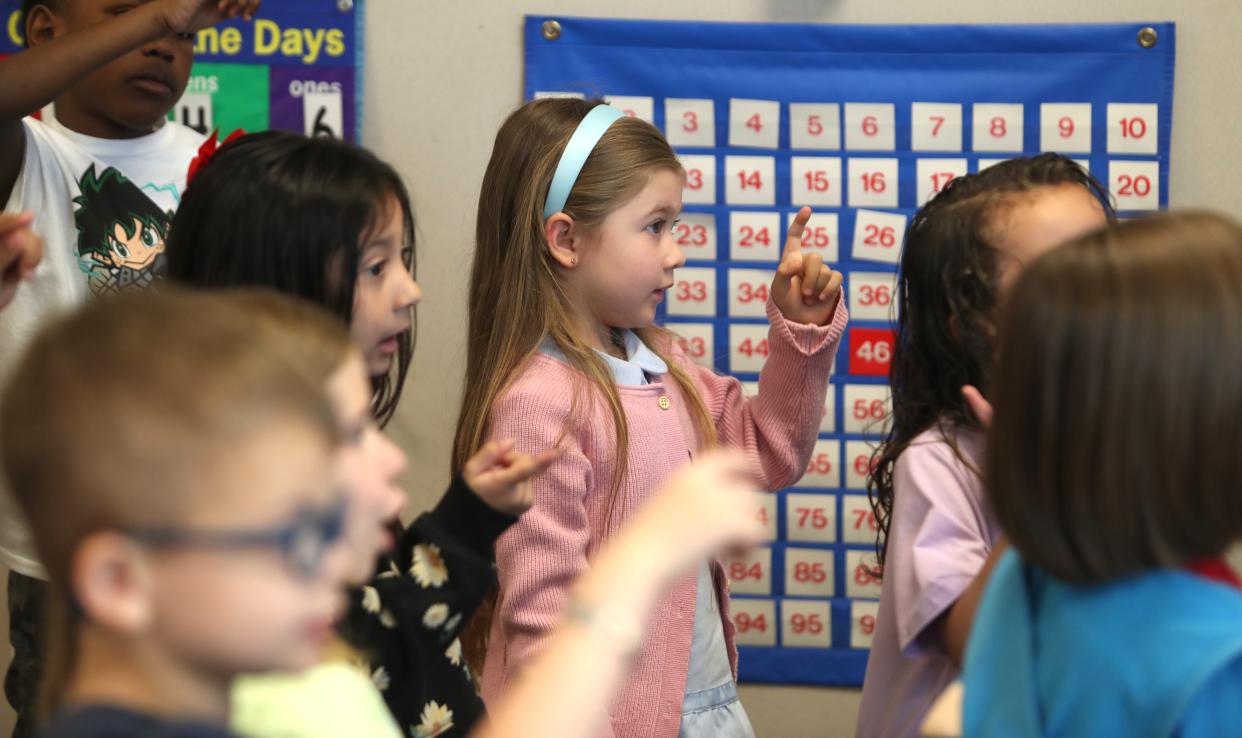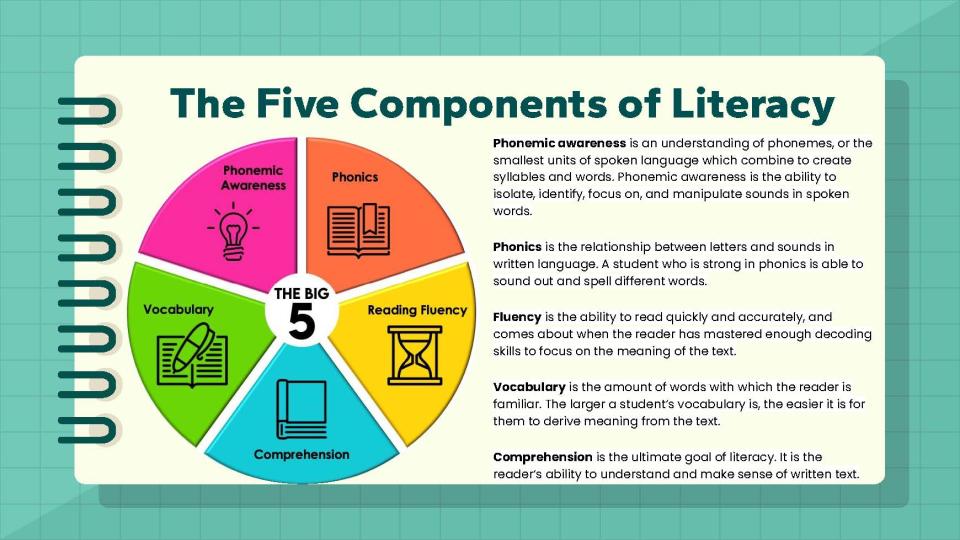Kentucky schools invest more money in reading program experts say is harmful

School districts across the commonwealth were granted nearly a million dollars by the University of Kentucky to expand a reading program experts have labeled harmful, some states have banned, and the state Department of Education does not support.
The Reading Recovery Center at UK awarded eight grants this fall that will "support the work of nearly 200 teachers" who will use the Reading Recovery program in 124 schools across 39 districts, according to UK spokesman Jay Blanton.
The intervention program, which has been taught to struggling first grade students in Kentucky since 1989, came under national scrutiny last year after a study suggested the program was ineffective in the long-term and could actually be harmful to students’ reading abilities.
Despite this, UK's center distributed $800,000 in grants that will expand the reach of Reading Recovery centers, including in Oldham County, which was at the center of a Courier Journal yearslong investigation into literacy in Kentucky.
Oldham County Schools did not respond to a request for comment.
Blanton said the legislature funded Reading Recovery through the biennium, and money is going "directly to support the work of teachers, in many cases their salaries. We followed the policy and budgetary direction set forth by the legislature."
The Courier Journal investigation found the state has poured millions into Reading Recovery but failed to study whether the program leads to long-term reading success.
Roughly 1,900 Kentucky first graders participated in Reading Recovery in 2018-2019. The state had third grade test data for 1,300 of them that showed nearly 70% of those children were ranked as novice readers, the state’s lowest mark, according to the Courier Journal investigation

In the aftermath, some Kentucky districts have stopped using the program, including Jefferson County Public Schools, the state's largest school district. The Kentucky Department of Education also does not support the use of the program.
"The evidence-basis for Reading Recovery as a Tier 3 intervention is problematic," KDE spokeswoman Toni Konz Tatman said. "We have concerns about the program’s approach to reading instruction, and it no longer is an approved funding option for KDE literacy grant programs."
The grant recipients include:
Oldham, $100,000
Bourbon, Fayette, Scott and Madison, $100,000
Franklin and Woodford, $60,000
Corbin, Knox, Middlesboro, Whitley and Williamsburg, $70,000
Magoffin, Paintsville, Pike, Wesley, Christian, Wolfe, Whitley, Ashland, Breathitt, Clay, Hazard, Knott, Lee, Leslie, Perry and Harlan, $255,000
LaRue, Berea, Garrard, Madison and Taylor, $100,000
Daviess, Hancock, Henderson, Mayfield and Ohio, $90,000
Shelby and Anderson, $25,000
A study released last year followed the state test scores of Reading Recovery students and a similarly skilled control group into the third and fourth grades and found the program's students scored about a half-grade level below their peers who also had struggled with reading as first graders but did not receive the intervention.
“Even though those early impacts were positive and big, long-term impacts are actually negative, suggesting that the kids may have been better off if they had not gotten Reading Recovery, at all,” Henry May, director of the Center for Research in Education and Social Policy at the University of Delaware, told the Courier Journal.
Berkeley Unified Schools in California prohibits using the program on students with suspected reading disabilities, and six states have banned a teaching strategy associated with the program. The Reading Recovery Council of North America filed a lawsuit against one of those states - Ohio - earlier this month related to its recent ban.

That strategy is known as three-cueing and is aligned with balanced literacy - a form of instruction that all Kentucky districts must move away from as their primary method by next fall.
The strategy typically doesn't prioritize teaching students how to sound out a word, but instead focuses children on the meaning of a text by directing kids to look at pictures when stuck on a word.
More: Kentucky school district bans 100+ books over anti-trans law, including one on Anne Frank
Numerous studies have shown this approach can impede young children by teaching them the habits of a bad reader.
Beyond providing funding to further the reach of a questionable teaching method, the University of Kentucky does not rank well in how it teaches aspiring educators to teach reading.
The National Council on Teacher Quality released a report this summer analyzing whether 15 Kentucky higher ed institutions are instructing education majors on the five components of the Science of Reading.
The University of Kentucky's undergraduate program earned a "D" in the report.
More: Courier Journal partners in showing of 'Right to Read' documentary
Mandy McLaren contributed to this report. Contact reporter Krista Johnson at kjohnson3@gannett.com.
This article originally appeared on Louisville Courier Journal: Kentucky schools invest in Reading Recovery program deemed harmful

